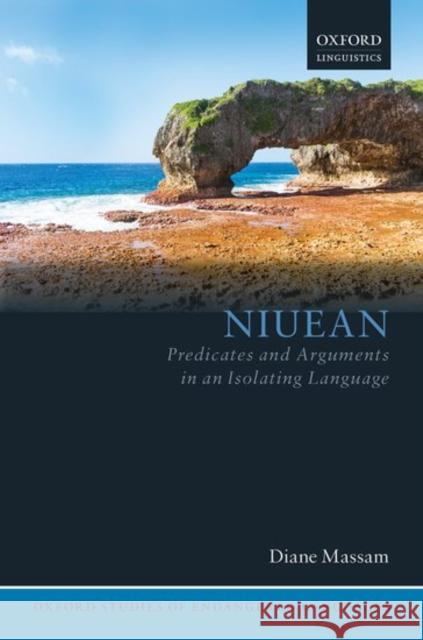Niuean: Predicates and Arguments in an Isolating Language » książka
topmenu
Niuean: Predicates and Arguments in an Isolating Language
ISBN-13: 9780198793557 / Angielski / Twarda / 2020 / 384 str.
Kategorie:
Kategorie BISAC:
Wydawca:
Oxford University Press, USA
Język:
Angielski
ISBN-13:
9780198793557
Rok wydania:
2020
Ilość stron:
384
Waga:
0.70 kg
Wymiary:
23.62 x 16.0 x 2.79
Oprawa:
Twarda
Wolumenów:
01











